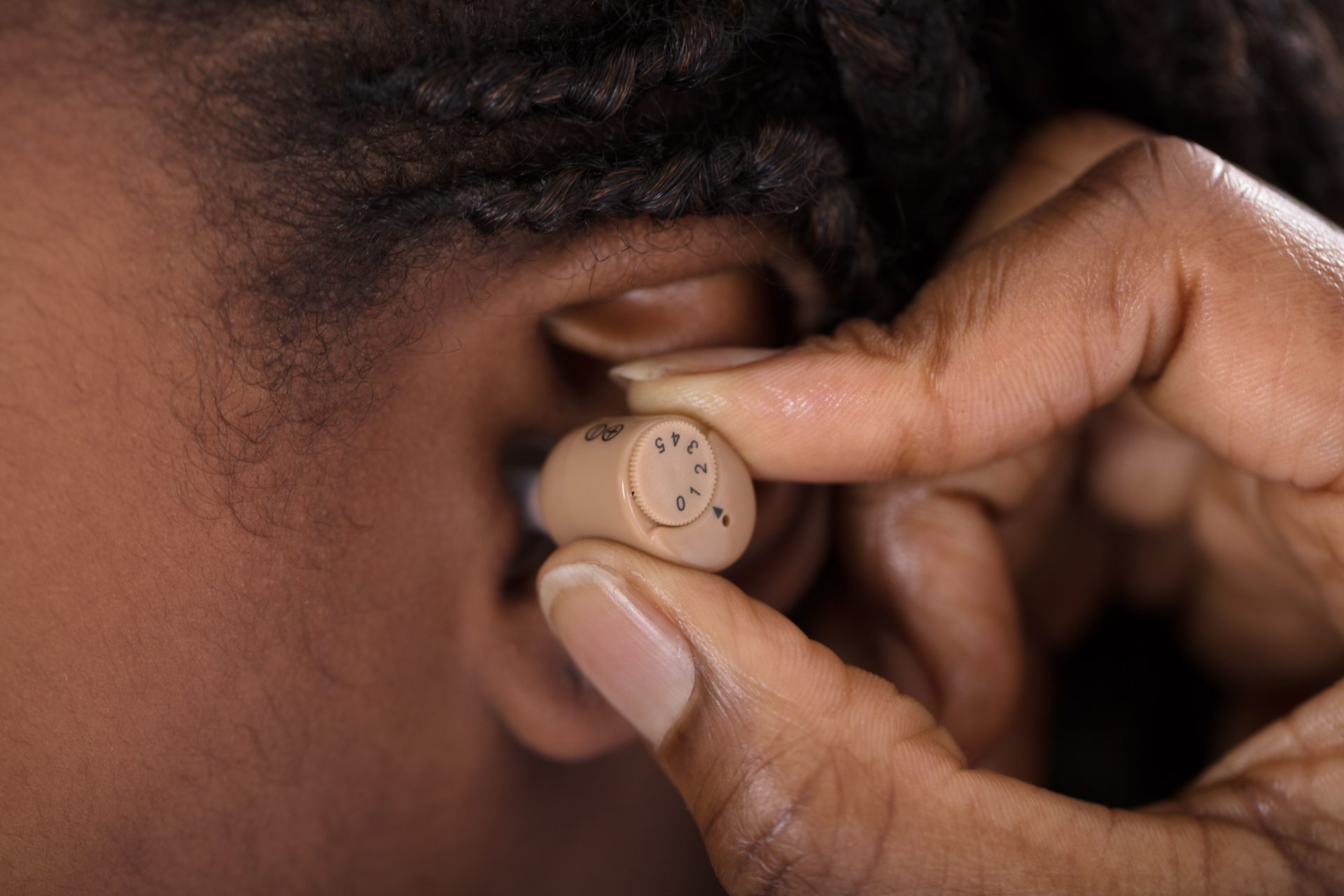Hearing aids are the long-established solution to hearing loss. They increase the volume and improve the quality of sounds within their range, improving the quality of life for those that are wearing them. To start with there were only a handful of hearing aids available, now, there is a very competitive market with numerous manufacturers vying for market share.
As an independent audiologist we are open to offering any we like. It means that as well as understanding the common benefits of hearing aids, we are also privy to the faults that can sometimes occur.
Despite their reliability and quality as a product, just like with any and all technology, hearing aids aren’t immune to faults. The purpose of this month’s blog post is to talk to you about these, as well as how to identify them, and what to do if your hearing aids aren’t working as they should.
Reasons a hearing aid might fail
Before we jump in to specific hearing aid failures, it is important that we recognise why a hearing aid might be playing up in the first place. There are a number of reasons why this may be the case, and they include:
Degradation over time
Much like any product that you purchase, hearing aids are subject to the terms and conditions of Father Time. The good news is that hearing aid technology is always advancing due to the competitive nature of the market, so if your pair are beginning to feel the strain after many years of service, it is likely that your upgrade will come with a host of new features.
Misuse
If hearing aids are being used incorrectly then it may result in issues and faults that require a professional fix. The most common example of misuse is wearing hearing aids for activities that they are not compatible with, such as blow drying your hair, or wearing them in a sauna.
Mistreatment
Hearing aids can be outright mistreated and this is probably the most common route to a failure with the product. If they aren’t taken care of like you would do any other expensive piece of technology, you will suffer the consequences of poor performance. Mistreatment covers incorrect storage of the hearing aids, lack of or incorrect cleaning and similar acts of that nature.
These are the key themes around hearing aid failure. Now, let’s answer some scenario questions.
Why is my hearing aid whistling?
Of course, the most blatant symptoms of hearing aid failure will be the audible ones. The whistling sound you may be experiencing is called hearing aid feedback. This occurs when the sound coming out of your hearing aid is then picked up by the microphone, thus, ‘looping.’
Whether this is a result of a fault with the hearing aid or not is tricky to diagnose, as hearing aid loops are an unfortunate eventuality. For the most part this is a normal occurrence as the hearing aids react to the sound bouncing back from your surroundings.
However, excessive and constant whistling sounds could be a sign that your hearing aids are either broken or need cleaning.
It is best to consult with the audiologist that fit you with the hearing aids and they will be able to check everything for you.
Why does my hearing aid keep falling out?
If your hearing aid is falling out it is most likely because they do not fit you correctly.
If a hearing test shows that you could benefit from hearing aids, and you choose to proceed, you will have a hearing aid consultation. During this consultation your audiologist will carry out a fitting procedure to ensure that your hearing aids of choice will, well, fit you correctly! It is possible that this was not done to standard.
It is also possible, although far more unlikely, that the shape of your ears has changed with time, and your previous fitting is no longer correct.
Further, it may be that a component of the hearing aid is loose, and therefore causing an imbalance that pushes them out.
No matter what you think the problem might be, the best course of action is always to check with a professional.
What should I do if I get my hearing aid wet?
Do not attempt to take your hearing aid apart to dry it out, that is rule number one.
Remember that most hearing aids are water-resistant, so they can be exposed to rain for a short while. They aren’t waterproof, though, so if you forgot to take them out when getting in the shower or in a swimming pool then the chances are that the delicate electronic parts inside have been damaged.
As we said above, do not try and deconstruct your hearing aid. You may do more damage. Pat down all of the external moisture and leave them to dry naturally. Try using them again after a short while. How do they feel? It should be apparent in their performance if there was damage.
If you feel that you have damaged hearing aids then take them to your place of purchase for a consultation, check your warranty and terms to see if you are entitled to a new pair or if you may have to pay.
Why does my hearing aid sound quiet?
There are a number of reasons why this may be the case. The most obvious place to start is in your sound settings, which are typically managed from a mobile application that you connect to your hearing aids via Bluetooth. Check here, first.
It could be that there is a buildup of wax on the microphone or earmold. Try thoroughly cleaning your hearing aid as advised by your guide resources. If your hearing aid uses them remember to change the wax trap in the speaker which may have become blocked with wax.
It is also possible that you simply need to readjust your settings as your hearing ability has degraded since you first bought your hearing aids. In this and any case where you require technical assistance, it’s the job of your audiologist to listen and advise you.
My hearing aid has stopped working?
If your hearing aid has stopped working entirely and it is not turning back on despite attempts to charge the battery, then it is likely an issue with the rechargeable battery itself. Most independent audiologists will stock and sell replacement batteries for hearing aids, you should ask them for support, rather than attempting to purchase the correct battery on the internet.
Remember it is entirely natural for batteries to lose effectiveness over time, much like mobile phones do. The internal rechargeable battery should keep working well for at least 5 years. This can be replaced by the manufacturer should its performance degrade over time.
We hope you found this article to be useful and informative. Remember to contact your audiologist if you have any questions about faults with your hearing aids. If we are your audiologist, then great! You can contact us here.


